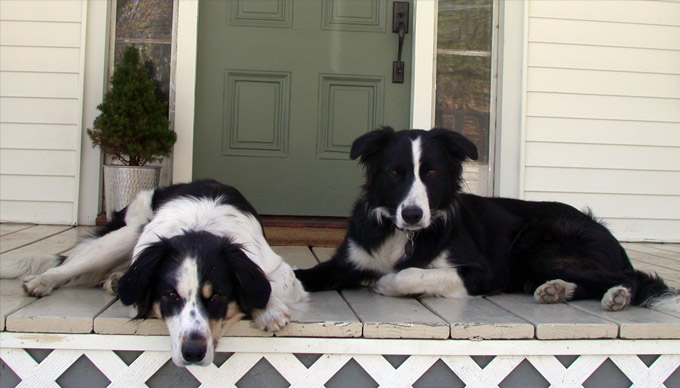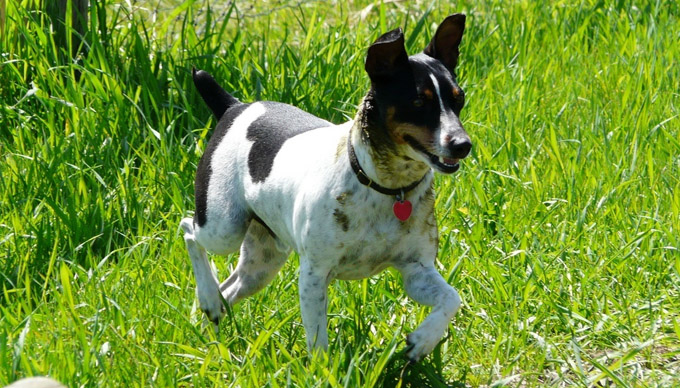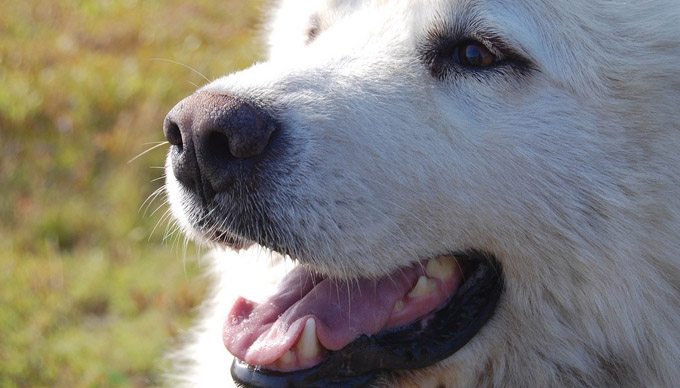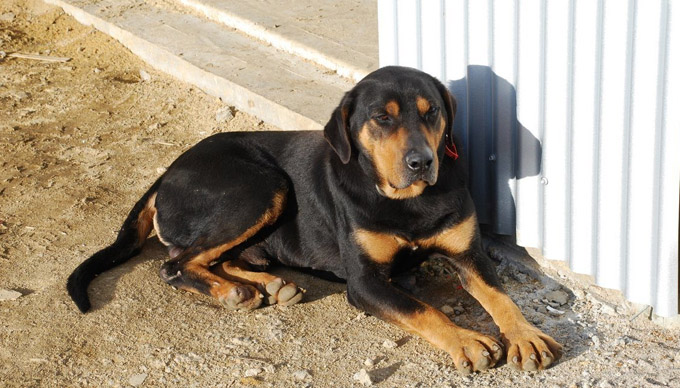By Elizabeth Abrahamsen, Wide Open Country
While most people bring dogs into their families to provide companionship and fun as pets, country dogs tend to have jobs. Having a dog around can be advantageous to a farmer for many reasons. Before you go out and buy one though, you need to think about a few things first.
Photo: Flickr/Lee Wright
If you think choosing a pet is a big decision, picking a work dog is even trickier because you have to take into consideration all the same things you would when selecting a pet, while also asking yourself what you want to get out of a farm dog? What goals are you hoping to accomplish? Some common reasons for needing a work dog are for herding, guarding livestock and pest control.
Photo: Flickr/Photogramma1
You also need to ask yourself if you have the time, ability and wherewithal to train the animal properly. Although certain breeds may be better suited to country life, it takes skill and patience to train a farm dog, they aren’t born knowing how to work. If you don’t know how to train a farm dog, you’ll need to hire someone who does, and you’ll have to be involved in the training so you will know the commands the dog learns, and so that it will learn to obey you, and not just its trainer.
SEE ALSO: 10 Best Hunting Dog Breeds
Knowledge of the Bloodline is Important
Photo: Flickr/Renee Johnson
When selecting a farm dog you’ll also want to take into account the breeding of the dog. Knowing about an animal’s parentage is a huge benefit, since many purebred dogs have congenital defects in their bloodlines that may not show up until later. To avoid this, try to go to a breeder who breeds dogs for work, not for dog shows. Nothing is more disappointing than buying an animal and training it only for it to get hip dysplasia and be useless for the purpose it was bought. You can always get mixed breeds or purebred rescues, but they’ll be more of a gamble since there may not be complete information on their heritage.
Photo: Flickr/Kiwinz
Farm dogs are not just pets or family members, they’re valuable assets. When buying a farm dog, you need to make sure you’ve got the ability to take care of all its medical and grooming needs. You might not think farm animals need to be groomed, but they do. Some breeds of sheepdogs, for example, need to have their coats kept cut short to avoid the painful and time-consuming grooming that would be required if their fur was allowed to grow long. If that’s not something you’re prepared to do, you’d want to get a different breed.
Photo: Flickr/Harold Meerveld
Once you’ve answered all those questions it’s time to consider what kind of breed you want. There are certain dog breeds that have historically been found on farms worldwide, each with its own specialty. Border Collies, English Shepherds and Australian Cattle Dogs are traditionally herding dogs with high endurance levels and lots of energy. Great Pyrenees and German Shepherds are excellent livestock guard dogs, while Jack Russel Terriers and Rat Terriers are talented vermin catchers.







